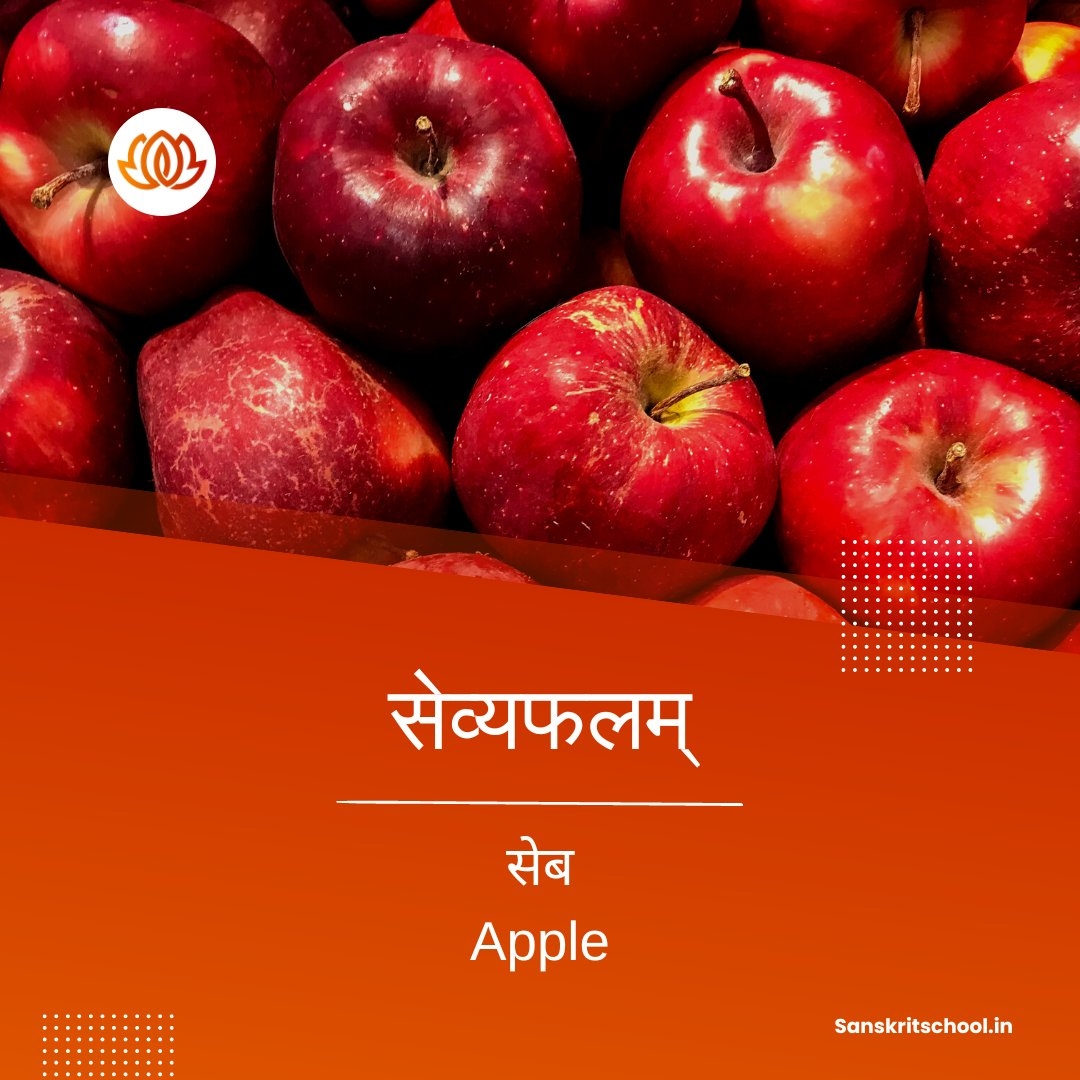Fruits hold a special place in Indian culture and are an essential part of a healthy diet. In Sanskrit, the ancient language of India, each fruit has a unique name that reflects its qualities and characteristics. Let’s explore some of the popular fruits and their names in Sanskrit.
Traditionally, fruits have been used in various rituals and ceremonies in India, symbolizing abundance, prosperity, and fertility. Learning the Sanskrit names of fruits can deepen our connection to nature and the rich cultural heritage of India.
फलानि (Fruits) 
1. सेवा (Apple): The Sanskrit name for apple is “सेवा” (Seva). Apples are known for their sweet taste and high nutritional value. They are often associated with health and well-being.
2. अम्ब (Mango): Mango, the king of fruits, is called “अम्ब” (Amb) in Sanskrit. It is a popular fruit in India, loved for its juicy sweetness and vibrant flavors.
3. नारिकेल (Coconut): The Sanskrit name for coconut is “नारिकेल” (Narikel). Coconuts are widely used in Indian cuisine and rituals, symbolizing purity and auspiciousness.
4. अनार (Pomegranate): Pomegranate is known as “अनार” (Anar) in Sanskrit. It is valued for its antioxidant properties and beautiful ruby-red arils.
5. अम्लफल (Tamarind): Tamarind is called “अम्लफल” (Amlaphal) in Sanskrit. It has a tangy taste and is commonly used in Indian cooking to add flavor to dishes.
Exploring the Sanskrit names of fruits can be a fascinating journey into the rich tapestry of Indian culture and tradition. Each fruit carries its own significance and symbolism, reflecting the deep connection between nature and human life.
Next time you enjoy a delicious fruit, take a moment to appreciate its Sanskrit name and the ancient wisdom it carries. Let the flavors and aromas of these fruits transport you to a world of tradition and heritage, where nature’s bounty is celebrated with reverence and gratitude.
